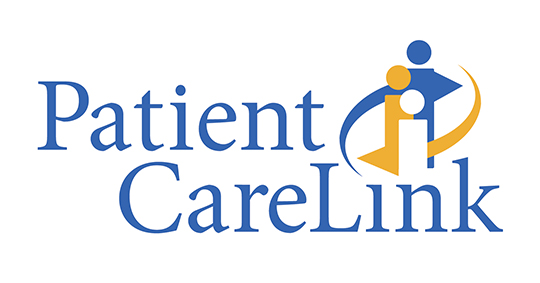Cambridge Health Alliance (CHA) and Hallmark Health, in collaboration with Somerville Cambridge Elder Services and Mystic Valley Elder Services, are among the top performers in an innovative national pilot program to reduce hospital readmission rates.
The four organizations, known collectively as the Mystic Valley Community-Based Organization, joined 71 other community-based organizations (CBOs) across the U.S. in the Centers for Medicare & Medicaid Services (CMS Community Care Transitions Project (CCTP) in 2012.
According to early findings by the CCTP, the Mystic Valley group reduced 30-day readmission rates in certain high-risk patient populations by nearly nine percent over a two-year period, ranking among the best improvements nationally.
The CHA component of the project, known as the Hospital-to-Home Program, includes both CHA’s Cambridge and Whidden Hospitals. At both hospitals, transition facilitators meet with patients before discharge to learn about their healthcare needs and assess their home care requirements. This is followed up with home visits from a transition facilitator or a nurse practitioner within 48 hours of discharge. Ongoing phone calls allow the team to further monitor patients’ health. Hallmark Health uses a similar “health coach”/transition facilitator model, and sends hospital nurse practitioners to visit with newly discharged patients in the home or other care settings, such as a nursing home or rehabilitation facility. Nurse practitioners can write prescriptions and adjust medications and treatment plans in collaboration with the patients’ primary care providers.
“Between the transition facilitators and the nurse practitioners we are able to identify indicators that could eventually lead to a readmission and take immediate corrective action,” said Cheryl Warren, MS, RN, chief clinical integration officer at Hallmark Health. “The new teams can assess social and physical triggers and make adjustments to medications and treatments in real time in the patients’ home or care facility, keeping patients home, healthy and well cared for.”
“We have learned that providing excellent health care necessitates supporting our patients in their homes and community,” said Rich Balaban, MD, medical director of CHA’s Hospital-to-Home Program. “Our partners have enabled us to extend our reach so that together, we now provide a broad range of community-based medical and home care services. We are proud of the progress we have made and the many lives we have improved.”

